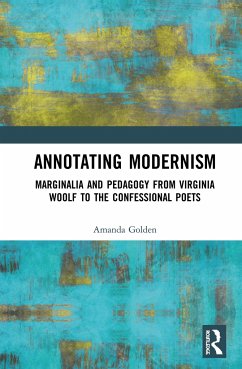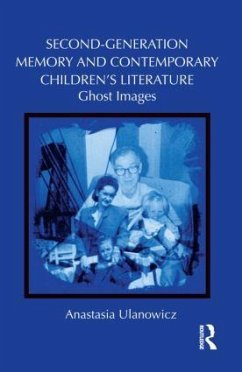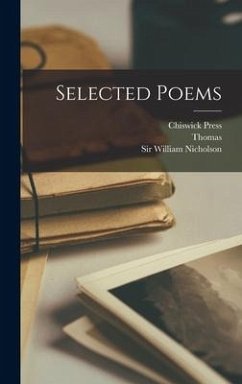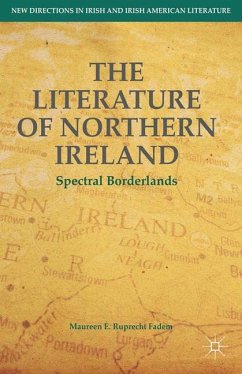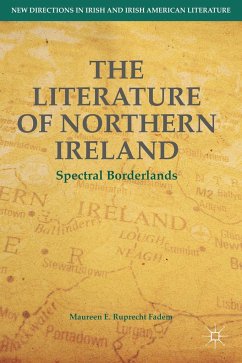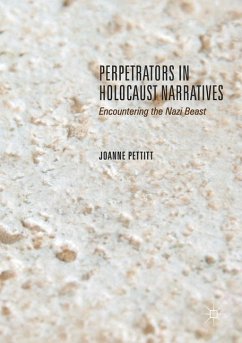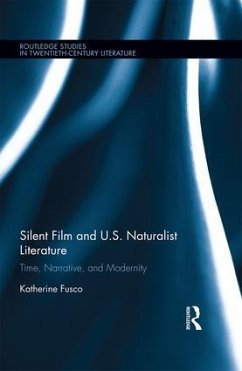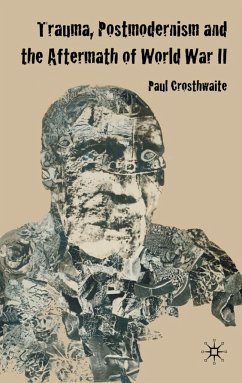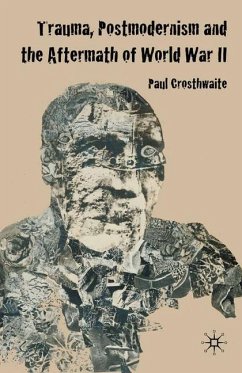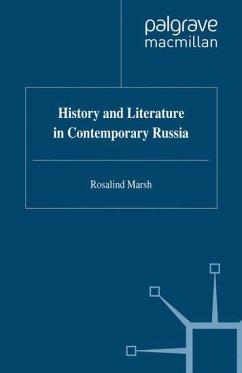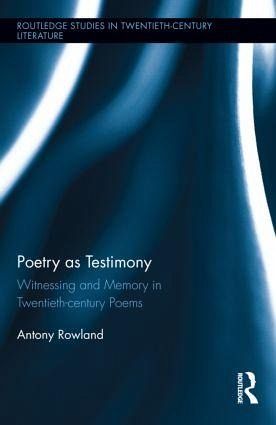
Poetry as Testimony
Witnessing and Memory in Twentieth-Century Poems
Versandkostenfrei!
Versandfertig in über 4 Wochen
187,99 €
inkl. MwSt.
Weitere Ausgaben:

PAYBACK Punkte
94 °P sammeln!
This book analyzes Holocaust poetry, war poetry, working-class poetry, and 9/11 poetry as forms of testimony. Rowland argues that testimonial poetry requires a different approach to traditional ways of dealing with poems due to the pressure of the metatext (the original, traumatic events), the poems' demands for the hyper-attentiveness of the reader, and a paradox of identification that often draws the reader towards identifying with the poet's experience, but then reminds them of its sublimity. He engages with the work of a diverse range of twentieth-century authors and across the literature ...
This book analyzes Holocaust poetry, war poetry, working-class poetry, and 9/11 poetry as forms of testimony. Rowland argues that testimonial poetry requires a different approach to traditional ways of dealing with poems due to the pressure of the metatext (the original, traumatic events), the poems' demands for the hyper-attentiveness of the reader, and a paradox of identification that often draws the reader towards identifying with the poet's experience, but then reminds them of its sublimity. He engages with the work of a diverse range of twentieth-century authors and across the literature of several countries, even uncovering new archival material. The study ends with an analysis of the poetry of 9/11, engaging with the idea that it typifies a new era of testimony where global, secondary witnesses react to a proliferation of media images. This book ranges across the literature of different cultures, and historical events in order to stress the large variety of contexts in which poetry has functioned productively as a form of testimony, and to note the importance of the availability of translations to the formation of literary canons.




